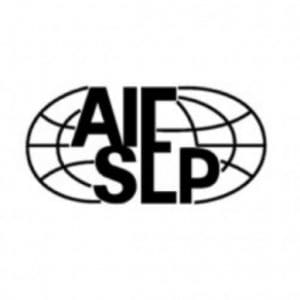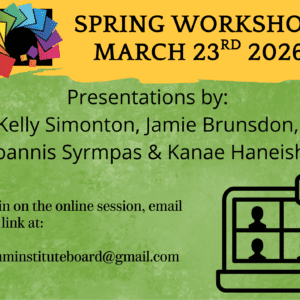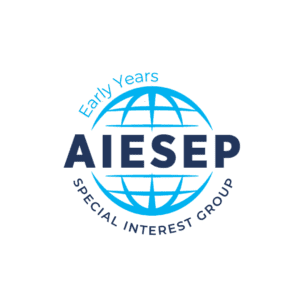Physical Literacy is the foundation of Physical Education, Sport and Public Health agendas (Ydo, 2020). The Physical Literacy for Life (PL4L) is a project co-funded by the Erasmus+ which aims to create a foundation for physical literacy to be recognised as a key component of Europeans’ lifelong learning journey through physical education, physical activity and sport.
The EU-supported project is led by the International Sport and Culture Association (ISCA) and 10 partners, namely: European Physical Education Association (EUPEA, Switzerland), International Physical Literacy Association (UK), Macquarie University (Australia), Faculty of Human Kinetics from the University of Lisbon (Portugal), University of Strasbourg (France), Steno Health Promotion Research (Denmark), BG Be Active (Bulgaria), DGI (Denmark), Sports Union of Slovenia, and UBAE (Spain).
Physical literacy is developing as a concept in several countries. However, it has been interpreted and operationalized with different logics within education, sport and health sectors (Martins et al. 2021). This clearly weakens the understanding and acceptance of the need for physical literacy as a central, lifelong competence.
The PL4L project delivers a common concept and definition of physical literacy. This will ultimately strengthen the value of what it means to be a “physically literate” citizen, and prompt key decision-makers to recognize how being physically literate encompasses key competences that are valuable for personal development, health, employability, social inclusion, and active citizenship.
Some of the main outcomes of the project are:
- a physical literacy for life position statement and definition of physical literacy;
- the physical literacy for life self-assessment tools for citizens, teachers, and coaches;
- motion graphics videos which aim to facilitate sharing the concept with a wider audience;
- the training tool which aim to help PE teachers and coaches to understand the concept and reflect on their practice in relation to providing environments, within their communities, that promote physical literacy.
Links:
Read more about physical literacy and this EU-project here.



